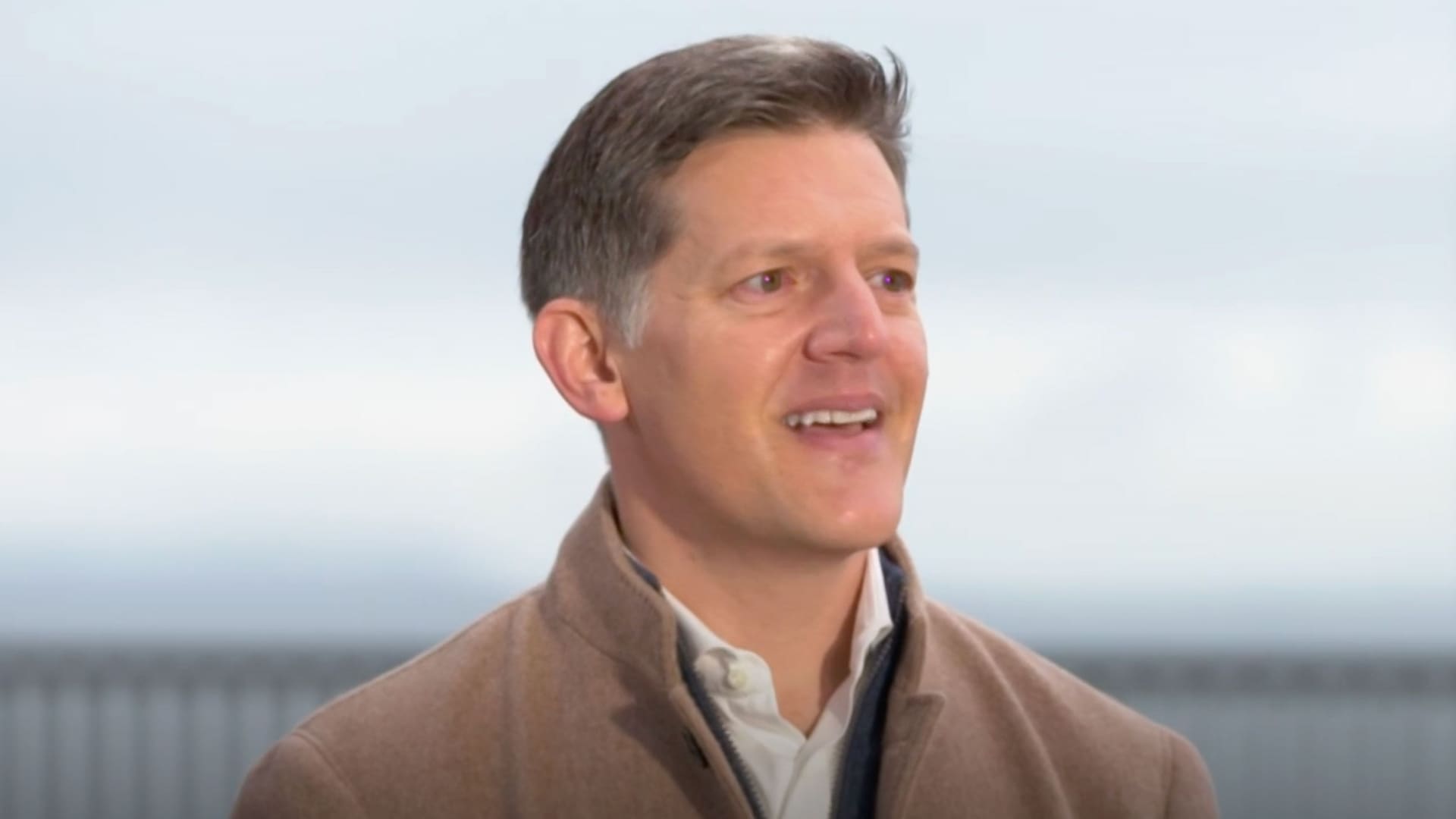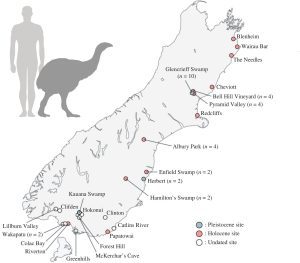
One of Silicon Valley’s most successful venture capital firms doesn’t see the economy bouncing back anytime soon and is warning portfolio companies to tighten their belts in the meantime.
In a 52-page presentation seen by CNBC, the Sequoia lays out a litany of risks making it harder for founders to raise money and operate. The memo, first reported by The Information, was presented last Monday by Sequoia partners Alfred Lin, Roelof Botha, Doug Leone, and Carl Eschenbach, and others.
“We believe this is a Crucible Moment,” the presentation reads. “First and foremost, we must recognize the changing environment and shift our mindset to respond with intention rather than regret.”
Sequoia, known for early investments in Apple, Google and Airbnb, has sounded alarm bells ahead of other crises. The firm published a memo titled “R.I.P. Good Times” as the economy melted down in 2008, and a widely read “Black Swan” memo in the early days of the coronavirus pandemic.
In the most recent one, Sequoia points to sustained inflation and geopolitical conflicts limiting the ability for a “quick-fix policy solution” like slashing interest rates or quantitative easing.
The Sequoia partners said they did get one factor wrong in the last memo: Underestimating the monetary and fiscal policy response that followed the covid crisis, “and the distortion field that created” in markets.
“This time, many of those tools have been exhausted,” the presentation said. “We do not believe that this is going to be another steep correction followed by an equally swift V-shaped recovery like we saw at the outset of the pandemic.”
Sequoia joins a chorus of venture capital firms and investors on Twitter warning founders about the current macroeconomic environment.
As Lightspeed put it last week in a blog post, “the boom times of the last decade are unambiguously over.”
Tech companies that saw tremendous growth during the pandemic are already taking steps to cut costs by either cutting jobs or freezing hiring. Klarna said this week it plans to lay off about 10% of its global workforce, following similar announcements from Robinhood and Netflix. Facebook parent Meta, Uber, and Nvidia are among the companies slowing hiring, too.
Sequoia points to this as a potential silver lining for recruiting as “all the FANG have hiring freezes.” The firm urged its founders to look at projects, research and development, marketing and other expenses to be ready to cut costs and avoid a “death spiral.”
“Companies who move the quickest have the most runway and are most likely to avoid the death spiral,” the memo says. “Look at this as a time of incredible opportunity. You play your cards right and you will come out as a strong entity.”
Forget ‘growth at all costs’
Stock markets have been roiled in recent months over fears of inflation, the war in Ukraine, supply chain issues and the Fed’s move to raise interest rates. Sequoia points to the Nasdaqhaving its third largest drawdown in twenty years, and many high-growth stocks losing two years of price appreciation. For example, 61% of all software, internet and fintech companies trading below pre-pandemic prices.
“The era of being rewarded for hypergrowth at any costs is quickly coming to an end,” the Sequoia memo says, pointing to revenue multiples across software being cut in half over the last six months and trading below the 10-year average. “It might not translate into your valuation overnight, but over the medium and long-term, disciplined, durable growth is always rewarded and translates into meaningful value appreciation.”
On top of all that, they warn that “cheap capital” is not coming to the rescue. Crossover hedge funds, which have been dipping into private markets and venture investing in recent years, are “tending to their wounds in public portfolios which have been hit hard,” the firm says.
Still, Sequoia points to opportunity for resilient founders. The partners mention Cisco after the crash in 1981, Google and PayPal surviving the dot-com bust, Airbnb making it out of the financial crisis and DoorDash navigating the pandemic. The winners, they said, are those willing to confront challenges that “may have been masked during the exuberance and distortions of free capital over the past two years.”
Michelle Bailhe, a partner on Sequoia’s growth team, told CNBC that the appropriate amount of cost-cutting for each company depends on the business and cash burn, and not all will result on hiring freezes. In some cases, she it’s better to “keep your foot on the gas in your core business because you can come out even stronger.”
“The message we wanted to get to founders was that for the best companies, this should be your time to shine, because when it’s easy for everyone to fundraise and get demand you don’t see as much of the strength of some of the distinctive businesses and teams,” Bailhe told CNBC’s Crypto World Wednesday. “The playing field has gotten tougher, which would benefit the types of people that make most of this opportunity.”

